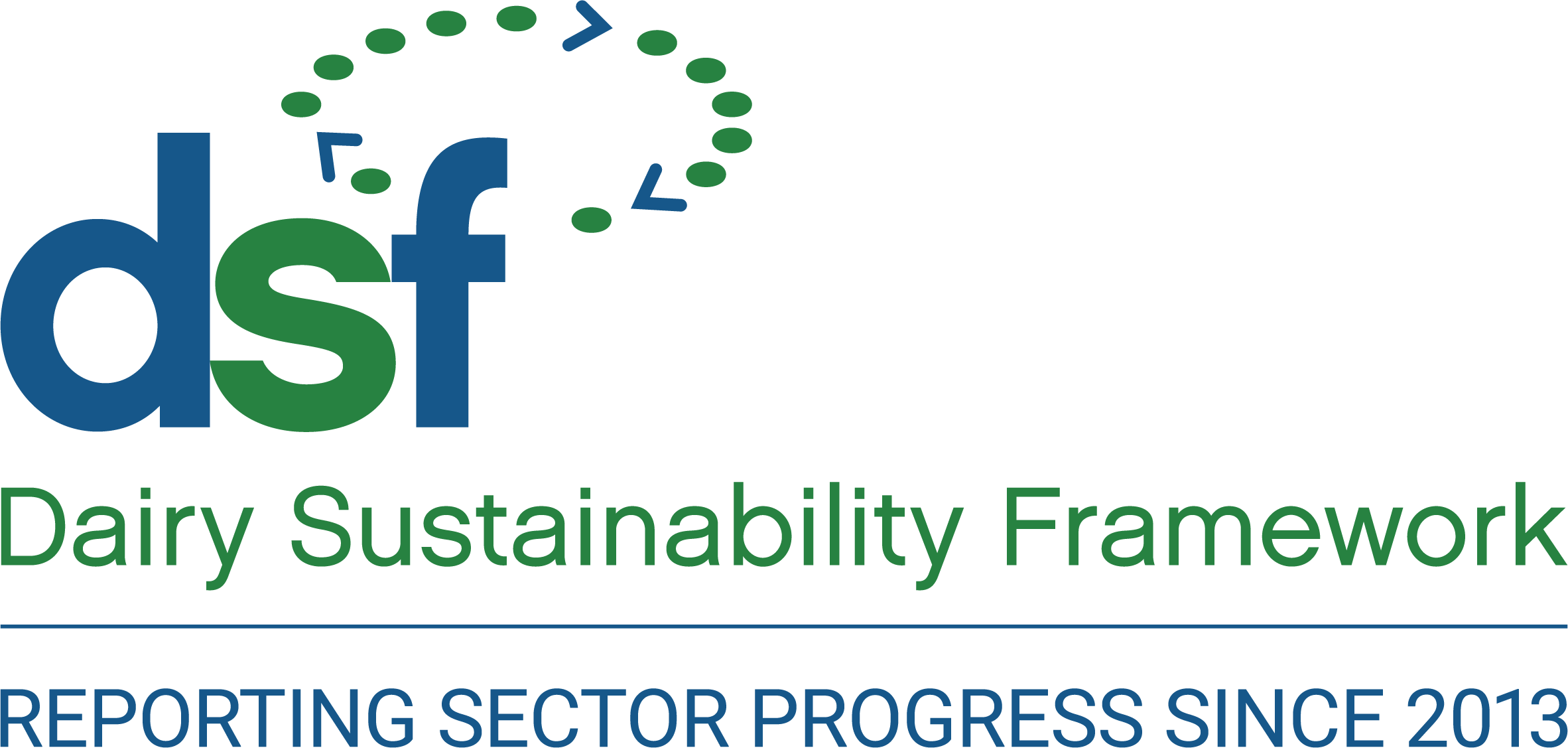Opinion Piece: The best way for dairy companies to keep consumer’s trust
Opinion Piece: The best way for dairy companies to keep consumer’s trust
 Dr Robin Ganzert, President and CEO of American Humane Association is a member of the DSF Advisory Council. While the DSF is not a certification program, having Dr Ganzert involved helps us understand the challenges being faced and we thank her for this insight.
Dr Robin Ganzert, President and CEO of American Humane Association is a member of the DSF Advisory Council. While the DSF is not a certification program, having Dr Ganzert involved helps us understand the challenges being faced and we thank her for this insight.
Third-Party Certification Programs: The Best Way for Dairy Companies to Keep Consumer’s Trust
With today’s consumers pressuring the dairy industry to improve the standard of care for their animals, producers are sometimes left confused. Where did this trend toward demanding more humanely-raised products come from? And better yet, how can the industry accommodate it?
While the origins of the public’s concerns regarding farm animal welfare may vary, the concerns themselves show no sign of slowing down. In fact, today’s consumers are more worried about farm animal welfare than ever before—in a recent American Humane survey of 5,900 Americans*, 94 percent claimed to be “very concerned” about the issue, in fact—a number up from 89 percent the prior year.
Balancing consumer concerns while maintaining the profitability that keeps the dairy industry afloat can prove difficult, however, particularly when standards of humane care appear to be constantly changing. Enter third-party animal welfare verification programs, which aim to strike this type of balance. Working directly with farmers and ranchers, these independent programs seek to collaboratively improve global animal welfare while shining a positive light on the industry’s best players.
The first welfare certification program in the United States to ensure the humane treatment of farm animals, American Humane Certified was created in 2000 and currently works with 95 food producing companies. Its growing list of humane certified producers includes large and small farms from the dairy, meat, and egg industry, among others.
While producers seek out science-based certification programs like this one for varied reasons, many turn to these types of programs in hopes of establishing themselves as a trustworthy choice among increasingly sceptical consumers. With a 2015 Gallup poll finding that only 9 percent of Americans trust corporations a “great deal,” and a mere 12 percent trusting Big Business “quite a lot,” third-party programs provide the certified assurances that the public needs to trust the dairy industry.
As the industry increasingly embraces humane food production, the act of earning and maintaining the trust of consumers will likely lead to some growing pains. Producers should look at third-party certification programs—they aim to improve welfare on both sides of the fence.
